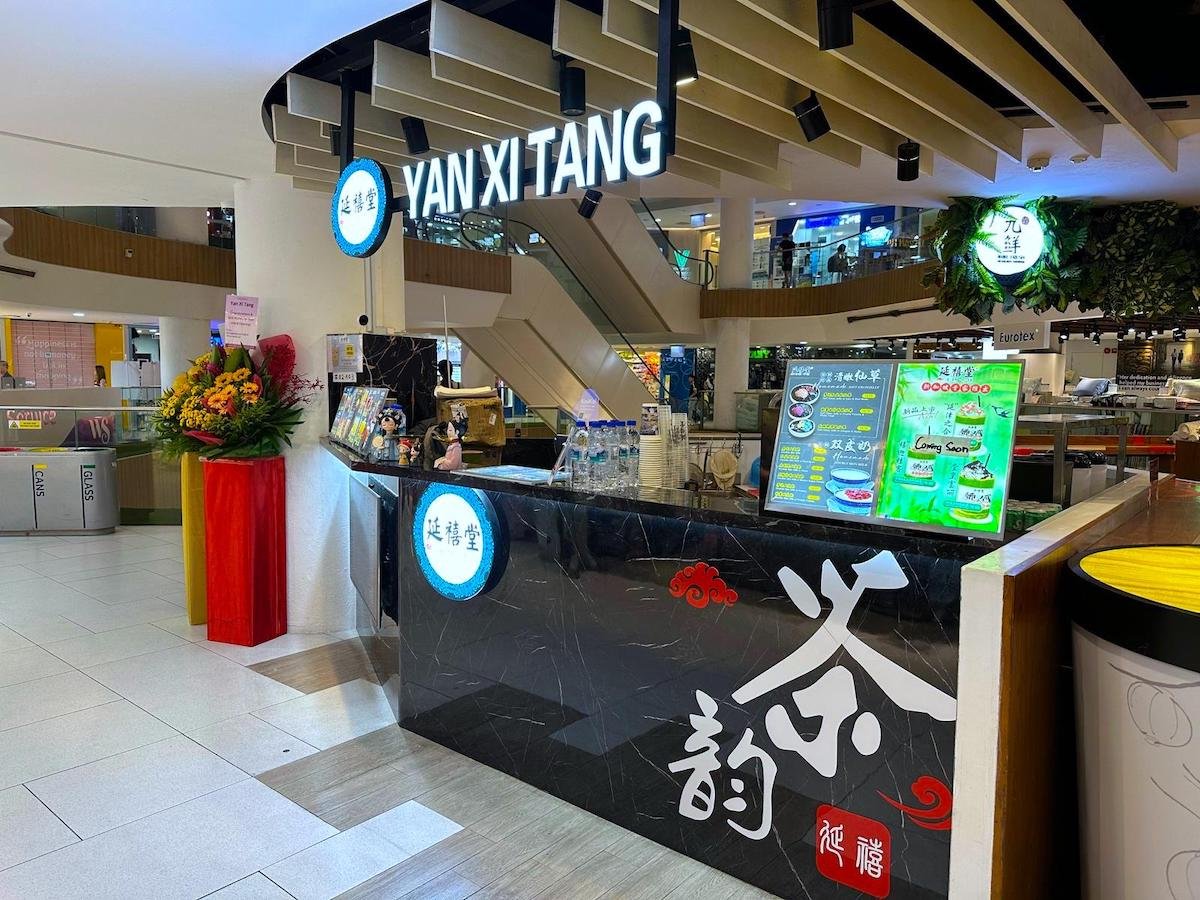The Significance of Business Processes
At its core, business processes define how work is accomplished within an organisation. They encompass a series of interconnected activities, tasks, and workflows designed to achieve specific goals and deliver value to customers, stakeholders, and the organisation itself.
Related: Reach New Heights of Operational Efficiency by Automating Business Processes
8 Reasons Why Defined Processes Should be a Priority
Efficiency
Efficient business processes streamline workflows, cut redundancy, and optimise resource use, maximising output while minimising input. This efficiency yields cost savings, boosts productivity, and accelerates time-to-market for products and services. In a fiercely competitive landscape, efficient processes can define success amid narrow margins and evolving customer demands.
Consistency
Consistency establishes standardised procedures across teams and locations. Predictability ensures quality standards, meets customer expectations, and builds marketplace trust. Whether delivering a seamless customer experience or producing high-quality products, consistency is crucial for long-term success and credibility.
Scalability
Well-defined business processes offer scalability, crucial for adapting to organisational growth and evolving needs. They enable expansion, market entry, and demand fluctuations without sacrificing quality or efficiency. Scalable processes facilitate increased production, expanded distribution, and enhanced customer support, offering flexibility essential for navigating growth and expansion effectively.
Related: Exploring the World of Franchising for Your Business
Risk Management
Risk management enables organisations to identify and address potential risks, compliance needs, and vulnerabilities. Through appropriate controls, they mitigate adverse outcomes like regulatory breaches, data breaches, or supply chain disruptions, safeguarding assets, reputation, and viability in an uncertain world. Strong risk management processes ensure resilience and continuity in today's interconnected landscape.
Decision Making
Well-defined business processes facilitate decision-making by offering a structured framework for evaluating options, assessing risks, and allocating resources. This enables organisations to make informed decisions aligned with strategic goals and priorities, whether it involves budget allocation, project prioritisation, or market entry, fostering growth, innovation, and competitiveness.
Related: Entrepreneurial Roadmap: Do You Need a Business Plan?
Continuous Improvement
Continuous improvement is intrinsic to effective business processes, nurturing innovation, learning, and adaptability. Organisations leverage this culture to pinpoint inefficiencies, seize opportunities, and enhance performance gradually. Through methodologies like lean principles, agile practices, or technological advancements, continuous improvement processes empower organisations to thrive amid evolving business landscapes.
Customer Experience
Business processes shape the customer experience through product delivery or service provision's quality, speed, and consistency. Emphasising customer-centric processes improves satisfaction, loyalty, and retention rates.
Related: Vouchers vs Direct Discounts: Which is Better for a Retail Merchant?
Compliance and Governance
Adhering to regulatory requirements and industry standards is crucial across sectors. Defined processes ensure compliance with legal and regulatory obligations, reducing the risk of penalties or legal liabilities.
Processes Can Help Navigate through Ambiguity
Business processes form the core of any organisation. Their significance spans from startups to multinational corporations, underpinning goal achievement, productivity, and competitive edge in today's business landscape.
By establishing clear workflows, protocols, and guidelines, businesses gain adaptability and resilience. These processes streamline operations, enhance efficiency, and mitigate risks by providing a structured framework for decision-making and action. They enable swift responses to market shifts, technological advancements, and unforeseen challenges.
Moreover, defined processes foster consistency across teams, ensuring alignment with organisational goals and objectives. In essence, they empower businesses to proactively anticipate changes, seize opportunities, and thrive in ever-evolving landscapes.












